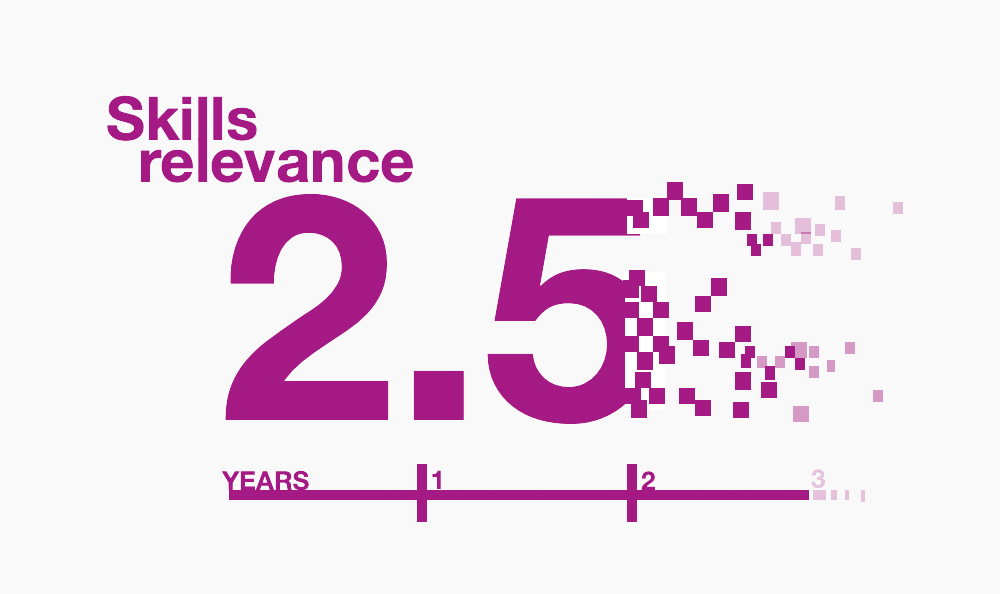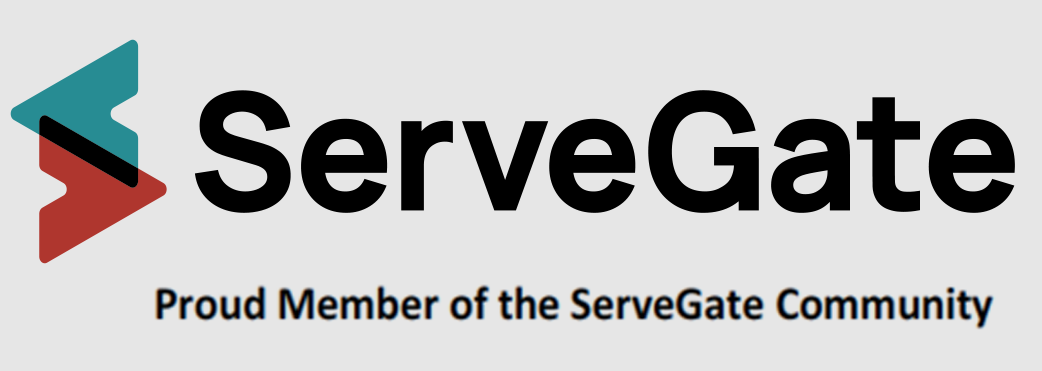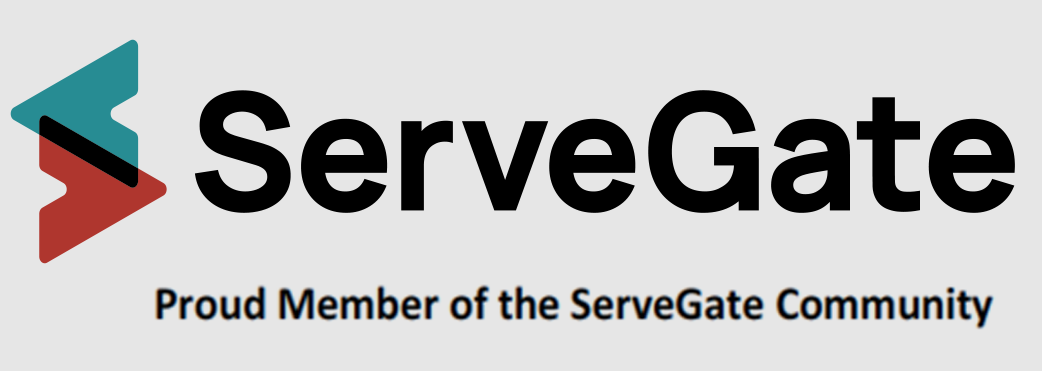Our Insights
What if your current skills were less relevant in two years?

If the half-life of skills is as little two-and-a-half years, learning new skills fast suddenly becomes very important. Learning faster than your competitors is a business imperative if the assets wear shoes. And some would suggest it is too fast for most learning and development departments to adapt.
It doesn’t matter if you are standing on the precipice or the springboard of our ‘golden age of innovation’. We are all attempting to transform our businesses quickly, respond to new threats, adapt to the tactics and ideas of fast-growing competitors, and find a competitive advantage that lasts longer than drinking a piccolo latte in a street cafe.
Pedagogy first, technology second.
If the war cry is ‘digitise’, the rush to technology-enabled learning often means that pedagogy – the theory of how we learn – gets left behind. And the term pedagogy will make most business managers’ eyes roll back in their heads.
Just grabbing a slide pack, booking a meeting room, filling it with ‘learners’ and loading the knowledge funnel won’t cut it any more in this innovative age. Besides, who knows whether that training still aligns with the business goals?
The pandemic put technology on learning’s launch pad.
But our vision for learning needs to be more than delivering what we were teaching before through video lectures and Zoom. ‘Teacher on screen’ was the emergency lockdown option.
Taking Socrates’ 2400-year-old concept of teaching by listening to an expert and somehow making it more engaging by using technology is not the answer.
Technology and pedagogy together will land learning in a new orbit.
At Spinifex, we believe the answer is not just in the technology.
If technology is the rocket needed to launch learning to a new orbit, then pedagogy is the pivotal engine to vary the direction of technology’s accelerating force, ensuring we achieve the right learning outcomes for the organisation.
Technology can certainly empower learners to become drivers of their own learning, deeper thinkers and stronger collaborators if applied with relevant teaching theory. After all, those learner traits appear key to any organisation wanting to be competitive.
Faster to learning means making learning more meaningful.
Is learning active? Can learners try a task to apply their new knowledge? Is learning constructive? Can learners analyse a problem, determine which solution is best with reflection?
Is learning authentic? Can learners attempt a simulated activity contextualised to their workplace? Or is learning collaborative? Are learners tasked to work together with peers and even experts to share knowledge and solve problems?
Spinifex acknowledges the Aboriginal and Torres Strait Islander peoples as First Australians and recognises their culture, history, diversity and their deep connection to the land. We acknowledge that Spinifex operates on the land of the Traditional Custodians and pay respect to their Elders past, present and emerging.


